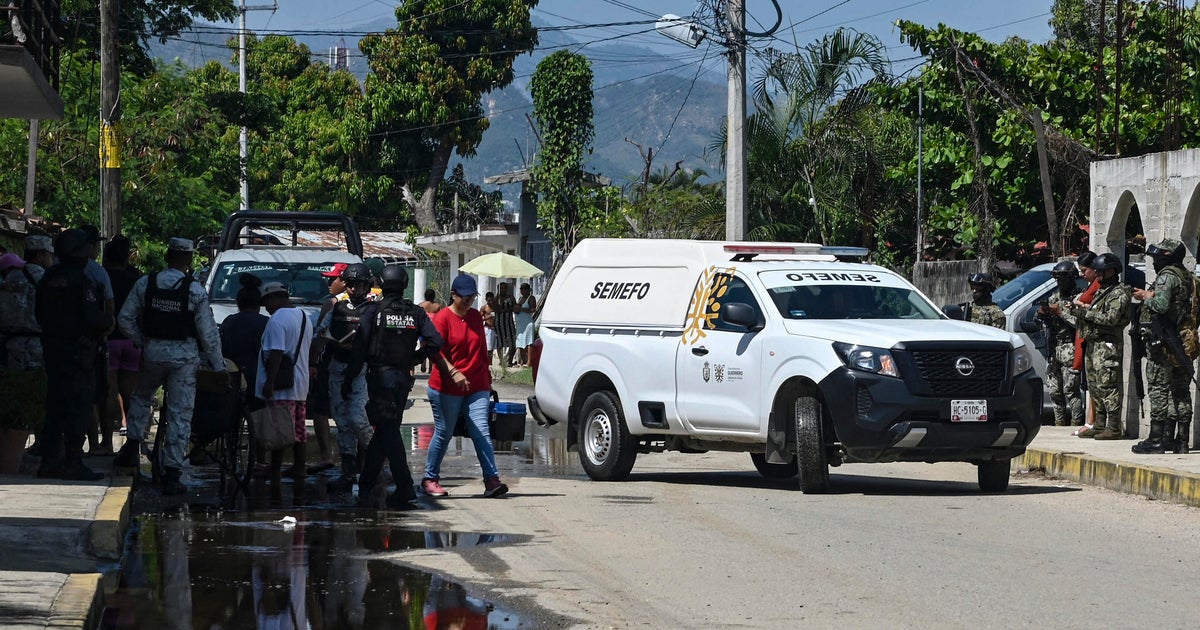Pentagon considering plea deals for defendants in 9/11 attacks
The suspected mastermind of the Sept. 11, 2001, terror attacks that killed nearly 3,000 people could escape the death penalty —along with four of his accused plotters— under a plea agreement being considered, CBS News has learned.
The Pentagon sent a letter this week to families of 9/11 victims revealing plea deals are being considered in which the five men, including suspected mastermind Khalid Sheikh Mohammed, would "accept criminal responsibility for their actions and plead guilty....in exchange for not receiving the death penalty."
The letter generated fresh outrage in Kristen Breitweiser, whose husband died in the South Tower of the World Trade Center. She has waited years to see the five men face trial.
"It's more heartbroken," Breitweiser told CBS News. "...I thought I lived in the United States of America. I thought we were a nation based upon the rule of law. And obviously, that's turned out not to be the case."
The five 9/11 defendants were held by the CIA before being transferred to Guantanamo Bay, Cuba, in 2006.
The prosecution of the defendants at Guantanamo Bay, which would be held in military tribunals, has been delayed for years, mainly complicated by the CIA's interrogation of the suspects that critics called "torture," and questions over whether the evidence extracted during those interrogations is admissible in court.
A defense lawyer for Ammar al-Baluchi, one of the accused plotters, told CBS News last year that a plea deal would end the impasse.
"He is willing to plead guilty, serve a long sentence at Guantanamo, in exchange for medical care for his torture, and taking the death penalty off the table," defense lawyer James Connell said in September 2022.
That doesn't satisfy Brad Blakeman, who lost his nephew Tommy Jurgen in the World Trade Center.
"We were told, and we were promised, that we would bring these people responsible to justice and we expect that to happen," Blakeman said.
If a plea deal goes ahead, and the 9/11 defendants get lengthy sentences, there's a law in place that prevents their transfer to U.S. soil and federal custody. That means the Guantanamo prison could remain open indefinitely.
Over the years, there have been proposals to move the trials from military tribunals to civilian court. However, that idea has faced strong resistance in Congress over concerns about security and the costs of moving defendants out of Guantanamo Bay.
— Catherine Herridge contributed to this report.




